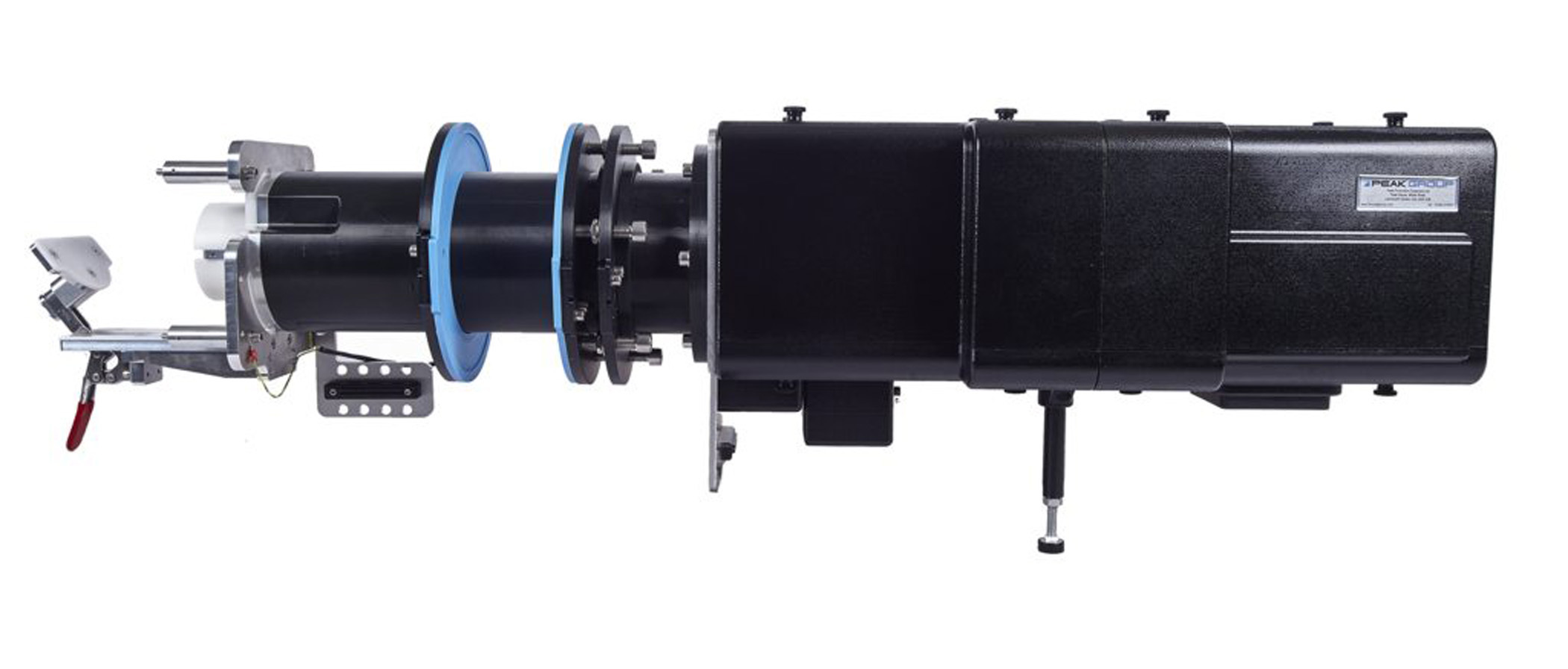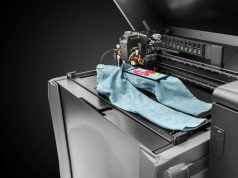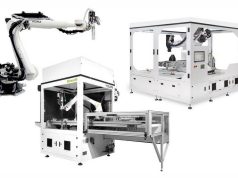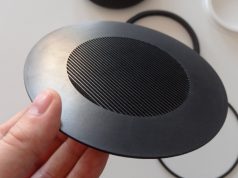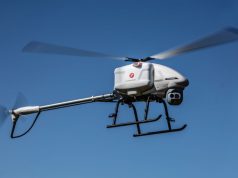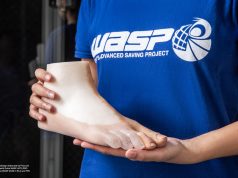UK manufacturer of Automated Test Equipment and Test Fixtures, Peak Production Equipment Ltd., is adopting Stratasys FDM 3D printing to innovate its production line. Since utilizing its Fortus Production 3D Printer to assist in the manufacture of jigs and fixtures, the company has reported a reduction in lead times of 90%, while reducing production costs by 50% compared to CNC machined parts.
Manufacturing a comprehensive range of test equipment – from simple test boxes used by sub contract manufacturers to stand alone high specification test racks and systems used in the aerospace and defence industries – Peak Production services a number of high-profile clients such as Rolls Royce, Siemens and BAE Systems. With the ability to 3D print manufacturing tools in a fraction of the time using traditional methods, the company has been able to ramp up production to meet ever-decreasing turnaround times requested by customers.
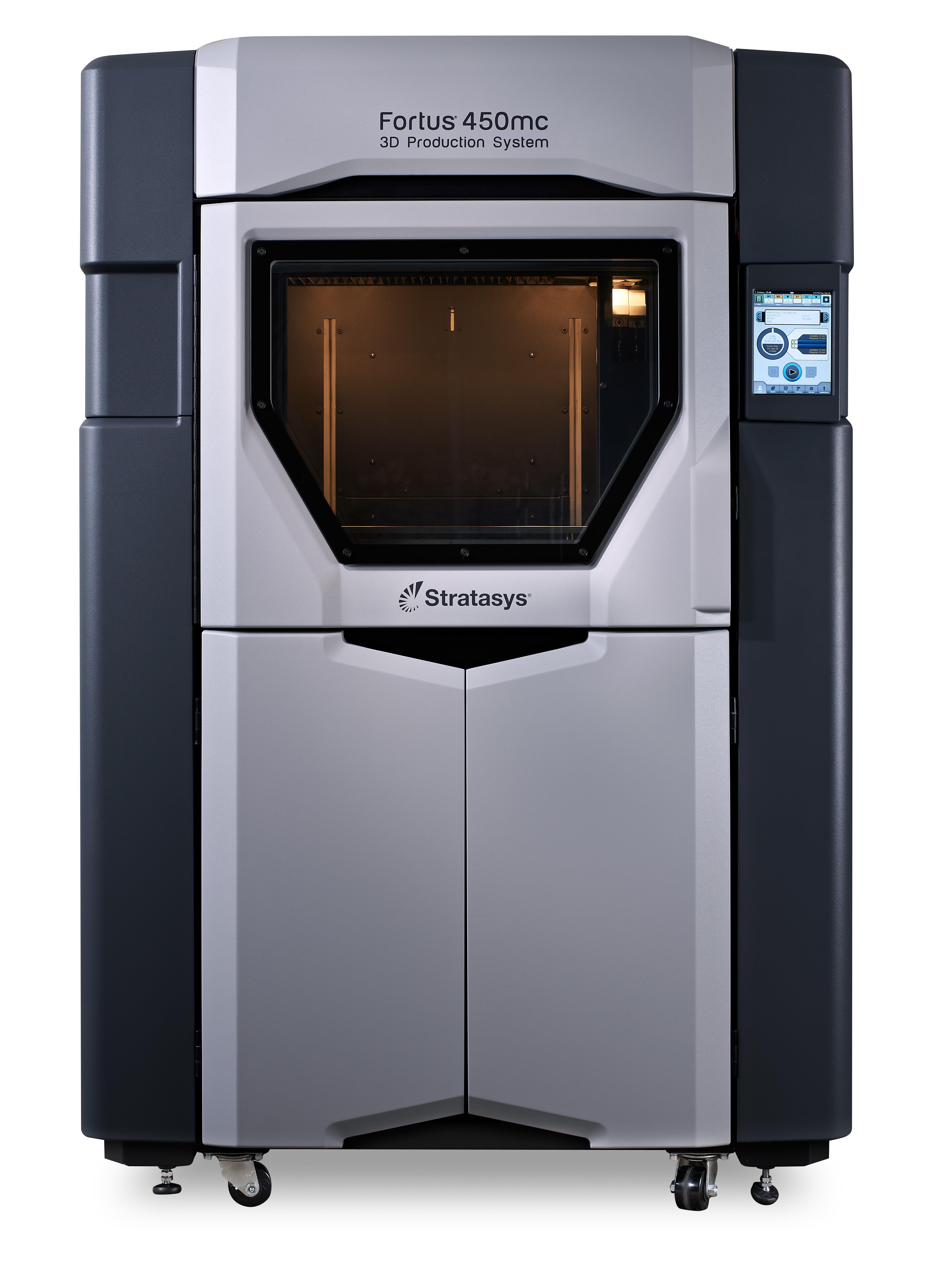 “We purchased our Stratasys Fortus Production 3D Printer 18 months ago and since then it has been running 24/7, including nights, holidays and weekends,” explains Richard Bushell, Group Managing Director, Peak Group. “3D printing offers us a new level of flexibility and versatility when it comes to production. We can print complex tools of different sizes and materials on-demand in a fraction of the time compared to traditional CNC tooling.
“We purchased our Stratasys Fortus Production 3D Printer 18 months ago and since then it has been running 24/7, including nights, holidays and weekends,” explains Richard Bushell, Group Managing Director, Peak Group. “3D printing offers us a new level of flexibility and versatility when it comes to production. We can print complex tools of different sizes and materials on-demand in a fraction of the time compared to traditional CNC tooling.
“3D printing has also enabled us to become more efficient during production,” continues Bushell. “Due to the high-volume throughput of the Fortus Production 3D Printer and minimal operator time required, we’ve been able to produce many parts for our jigs and fixtures, often at 50% of the cost of our traditional process. We’ve also cut down on a number of manual processes, saving operator and labour hours which can now be redistributed elsewhere in the company – increasing our overall efficiency.”
Since purchasing its Fortus Production 3D Printer from Stratasys UK reseller, Laserlines, the technology has played an integral role in Peak Production’s manufacturing workflow. According to Bushell, the company is already planning to purchase another Fortus system in the coming year with 3D printed tools providing a great fit for the production requirements of test equipment for aerospace, automotive and rail industries.
The company 3D prints all its jigs and fixtures using Stratasys’ Nylon 12 and ABS materials, providing the part strength comparable to CNC machined tools. This has been critical for the production of jigs, such as mechanical and pneumatic push down tools, as they are used directly on the production line to test and assemble complex parts for the aerospace and automotive industries. The large build size of the Fortus Production 3D Printer provides Peak Production flexibility to print individual tools specific to the complexities of the part and adapt them for optimum performance.
“The production of high value tools such as jigs and fixtures using 3D printing is an application widely adopted by manufacturers around the world to great success,” comments Andy Middleton, President Stratasys EMEA. “Operating its 3D printer 24/7, Peak Production is the ideal example, demonstrating how 3D printing can be utilised as a high volume production method for tooling applications to rival, and in this case, replace traditional manufacturing methods. The ability to produce high performance 3D printed parts that can match the strength of traditional tools – faster and more cost-effectively than ever before – offers manufacturers a new way to innovate, increase productivity and become more competitive with their manufacturing.”
Subscribe to our Newsletter
3DPResso is a weekly newsletter that links to the most exciting global stories from the 3D printing and additive manufacturing industry.



